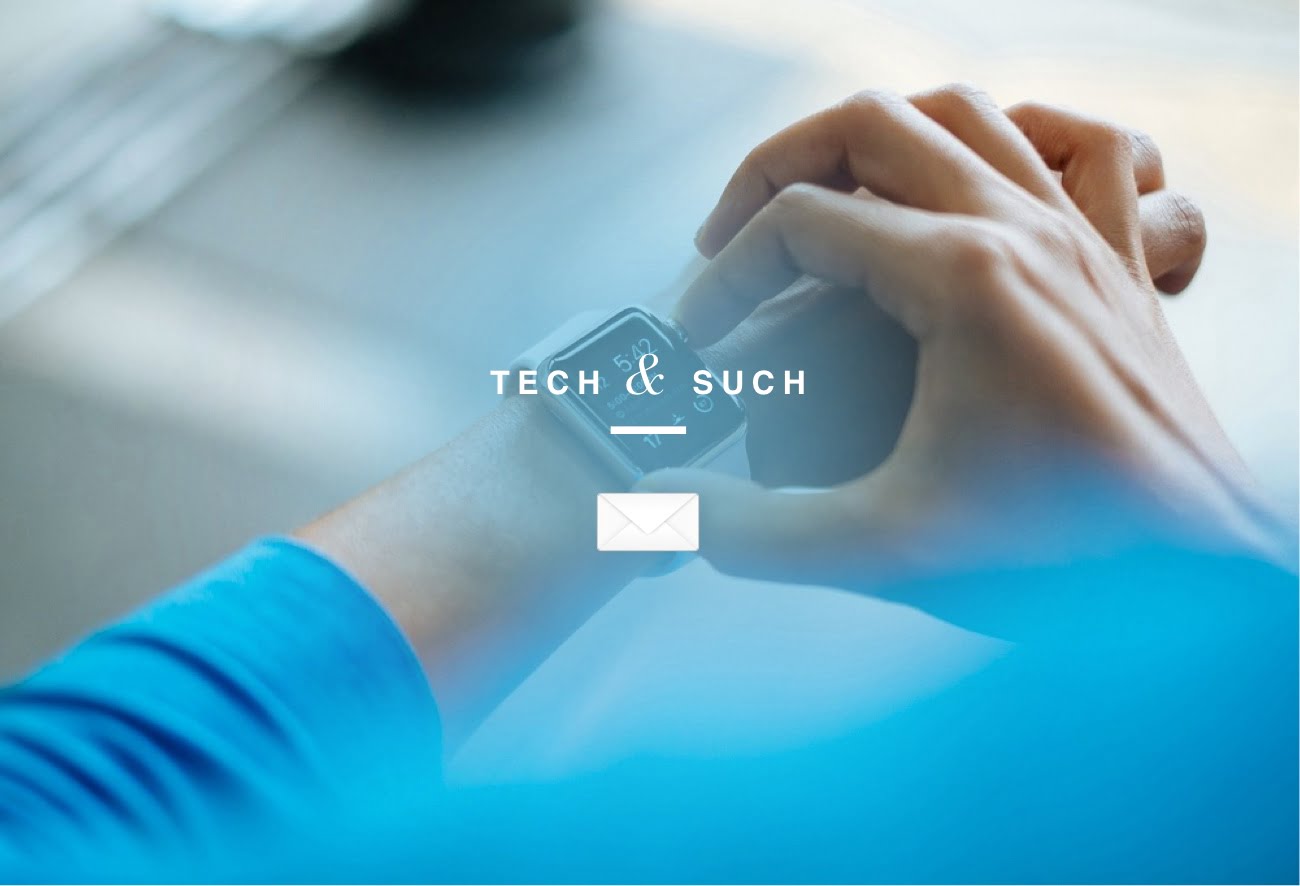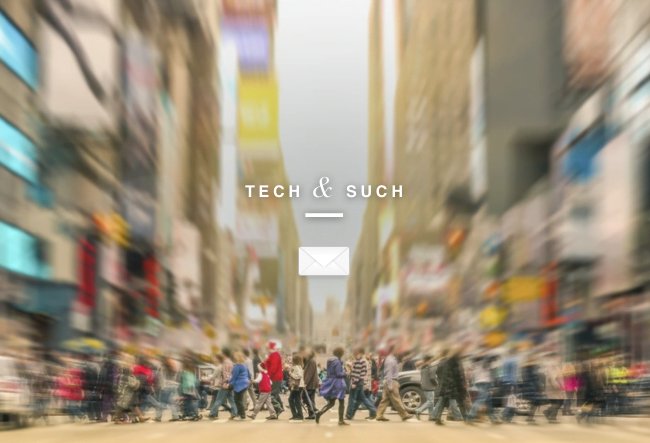This week we’re talking about alcohol wearables 🍺🛑, wearables taking your blood 💉, AI better than doctors at matching IVF embryos?, and tracking money 💸 in Macau with facial recognition.
WEARABLES .
Telling you to stop drinking ⌚🍺
A lot of people believe that wearables should monitor how drunk you are. In fact, three different wearable technologies monitor your alcohol levels. And all three wearables rely on the fact that alcohol will be transmitting through your skin. Unfortunately, it takes around 45 minutes for this process to happen naturally. So for wearables like BACtrack, it will track your drinking habits but it can’t do so in real time.
The most interesting wearable is definitely PROOF. It also relies on skin-based testing and is also a wristband device, but it can actually do real-time BAC testing! They use special enzyme sensors, that have the drawback of needing a change from time to time to maintain the wearable’s accuracy. Though PROOF seems to be way ahead of the competition in other ways as well. It shares with you an estimated time for you to get sober. It also has given off blinking lights and vibrations when you’ve hit your preferred drinking limit. Before you start thinking that you can delegate being responsible to your wristwatch, both BACtrack and PROOF won’t be coming out with their products until later this year.
(More) WEARABLES .
Let your wearable take your blood? 💉
Inventors and technologists are once again finding inspiration from nature. While you may not like mosquitos, a team of scientists from the University of Calgary thinks you may want a bite from their “e-Mosquito”. The e-Mosquito is a device for diabetics that periodically samples your blood to monitor your blood glucose levels. The automatic nature of the device is much less tedious and painful than the most common method today, simple fingerpicking. While earlier versions of the e-Mosquito were nearly the size of a deck of cards, their latest prototype has been reduced to the size of a standard watch.
The device can be preprogrammed to take samples at various times of the day, and even sends the results wirelessly to a doctor’s office or smartphone. Unfortunately, they are still in the midst of further developing the prototype, not to mention getting regulatory approval from the FDA, so don’t expect to be using these devices in the next year. ⌚💉
A.I. .
Now better at matching successful IVF embryos ⚕️
In a recent newsletter, we discussed a study where the application of artificial intelligence to brain scans has led to very successful early diagnoses of autism in children. Now just this past week, a recent study revealed the impressive success of applying AI to the in vitro fertilization (IVF) process. In the study, embryologists faced off against an artificial intelligence to see which group was more successful at selecting viable embryos. You know where this is going…
For those wondering, the study didn’t experiment with human embryos but bovine ones. Though that doesn’t mean that our future children won’t have their own embryos selected by a computer. Returning to the study, the AI first trained on embryos to see which embryos were viable or defective. Next, the embryologists and AI were given 48 examples of bovine embryos. The study revealed that the AI ‘won’. But disappointingly, the study didn’t reveal by how much. The team is now moving on to testing the AI on human embryos… 👶
LAW & ORDER .
ATMs 💸 in Macau requiring facial recognition 😲
Facial recognition technology is now being used to address issues of money laundering and ‘capital flight’ (massive outflows of money from a country which can push down the value of its currency). The Macau government has been implementing a variety of solutions to tackle these problems, such as limiting ATM withdrawal amounts and banning gambling via telephone. But what is notable about the adoption of facial recognition software is both its scale and privacy implications.
All ATMs in Macau that have been outfitted with facial recognition technology require cardholders to use the software. Cardholders stand for six seconds as their face is analyzed to verify their identity. Where in the U.S. or Europe this may be considered a major privacy debate, the Macau program has rolled out with little protest. And, yes, if this feels straight out of the Minority Report, that’s because the future really is here.




